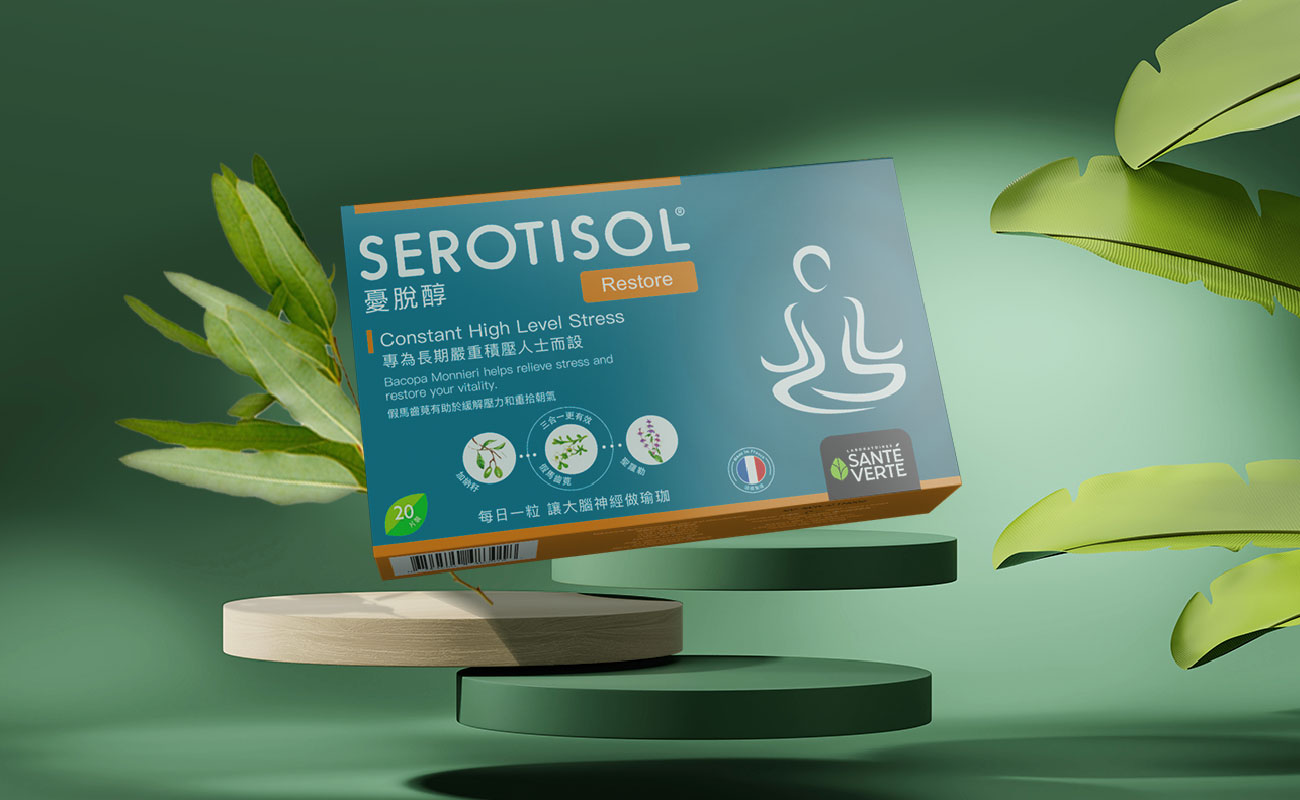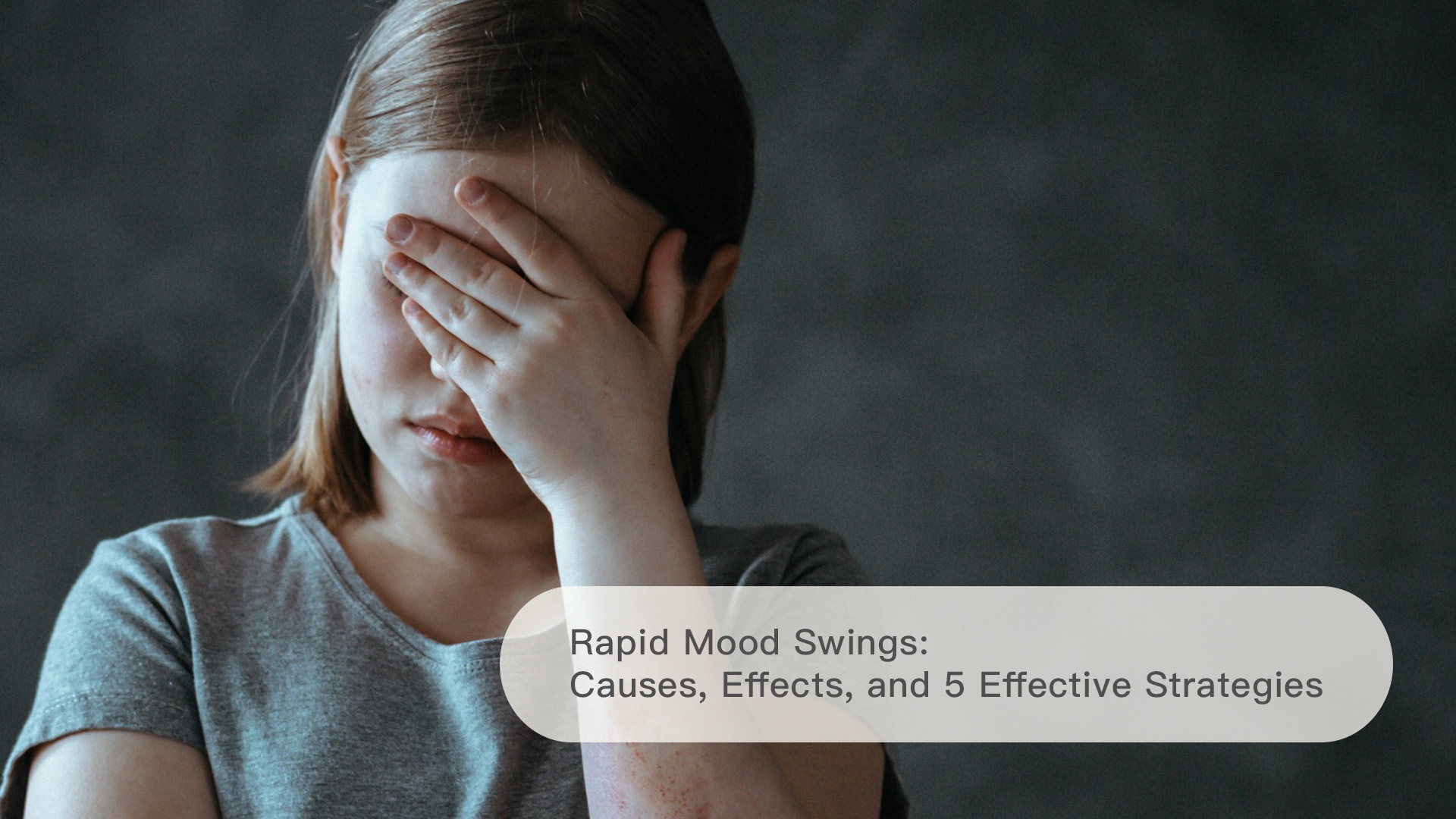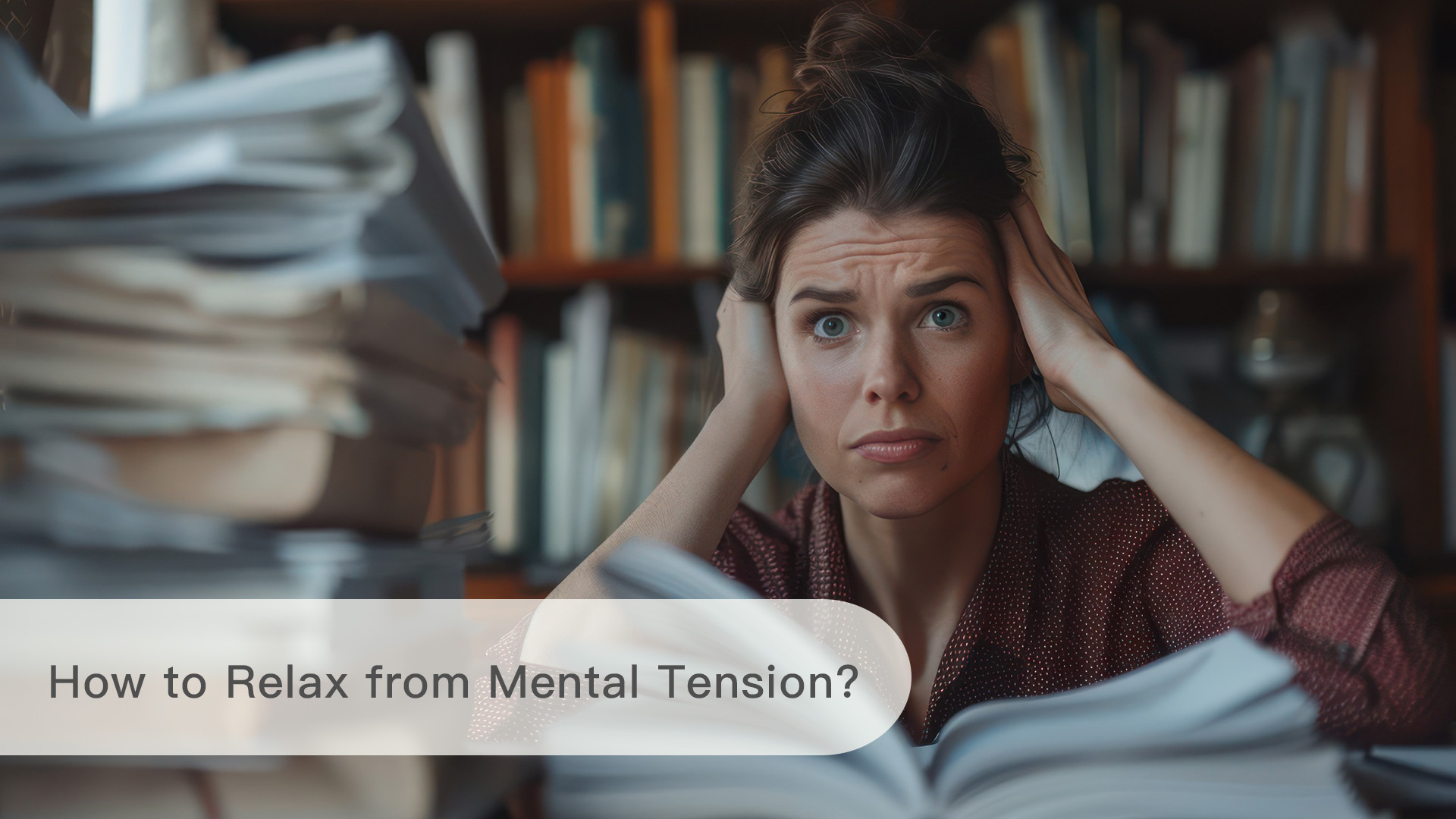Why Do Rapid Mood Swings Occur?

Have you ever experienced a sudden emotional drop, making you feel like crying without reason? This is a common psychological experience that many people face at some point in their lives. Understanding and addressing these emotions is the first step to achieving emotional well-being. Below are six typical causes of sudden emotional drops:
Life Stressors
The fast-paced lifestyle in Hong Kong and high living costs create significant financial pressure for many. This can lead to feelings of anxiety, helplessness, and sudden emotional lows accompanied by crying episodes.
Personal or Family Issues
Problems such as family disputes, marital stress, strained relationships with friends or relatives, or bereavement can cause psychological burdens and emotional instability.
Workplace Environment
oHigh-pressure jobs, long working hours, workplace bullying, or unfair treatment in professional settings can contribute to emotional lows and anxiety.
Biological Factors
Hormonal changes (e.g., during menstruation), lack of sleep, poor nutrition, or physical illnesses can affect emotional stability, causing feelings of sadness or depression.
Social Events
Competitive societal pressures, income disparities, and global or local events like the pandemic can profoundly impact personal emotions.
Mental Health Issues
Feelings of loneliness, lack of emotional support, or underlying mental health conditions like depression or anxiety can lead to sudden episodes of emotional lows and crying.
The Long-Term Effects of Unaddressed Emotional Drops

While temporary emotional drops are natural, frequent or prolonged occurrences can negatively impact daily life in the following ways:
Reduced Work Efficiency
Emotional distress can lead to fatigue and difficulty concentrating, directly affecting work performance. Mistakes, absenteeism, or inability to handle stress may arise, potentially harming career development and team productivity.
Distant Relationships
Emotional drops can result in irritability, impatience, and a tendency to withdraw from social interactions, leading to loneliness and strained relationships.
Decreased Quality of Life
Persistent sadness may cause a loss of interest in daily activities, sleep disturbances, and reduced appetite, ultimately affecting overall well-being.
Serious Mental Health Issues
If left unaddressed, prolonged emotional drops may evolve into more severe mental health problems, such as clinical depression or chronic anxiety.
5 Effective Self-Management Strategies for Rapid Mood Swings

Addressing emotional drops early is essential to prevent worsening issues. Here are five practical self-management techniques to help you regain control over your emotions:
1. Maintain a Regular Routine:
A structured daily schedule can stabilize emotions. Wake up, eat, and sleep consistently daily, avoiding late nights.
2. Engage in Physical Activity:
Exercise is a natural stress reliever and mood booster. A 30-minute walk, jog, or even a short stretching session can help improve emotional well-being.
3. Talk to Trusted Friends or Family:
Sharing your feelings with someone you trust can help alleviate negative emotions and provide encouragement and support.
4. Explore New Hobbies or Skills:
Engaging in new interests, learning a musical instrument, or immersing yourself in a good book can shift focus and enhance mood.
5. Consider Nutritional Supplements:
After consulting a professional, you can consider taking supplements like vitamins and minerals to support emotional and physical health.
Serotisol Restore: A Natural Solution for Emotional Balance
Have you ever felt sudden mood drops or a strong urge to cry? If you’re looking for a natural way to alleviate emotional distress without relying on medication, Serotisol Restore by Santé Verte could be the solution you need.
Serotisol Restore is formulated with natural herbal extracts such as Griffonia simplicfolia, Ocimum sanctum, and Bacopa monnieri. These ingredients work gently and effectively to support emotional stability and inner peace, all without the risk of dependency.



